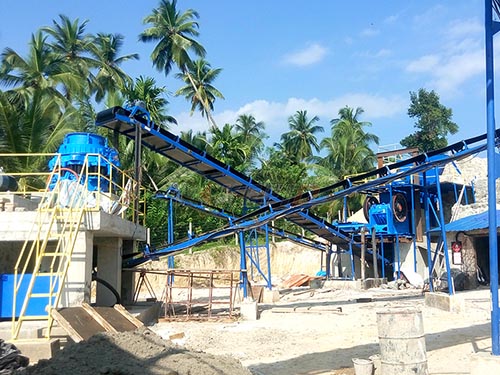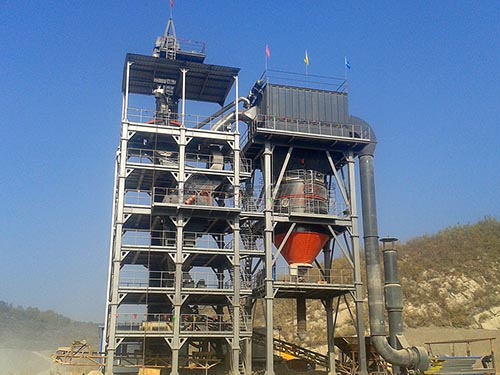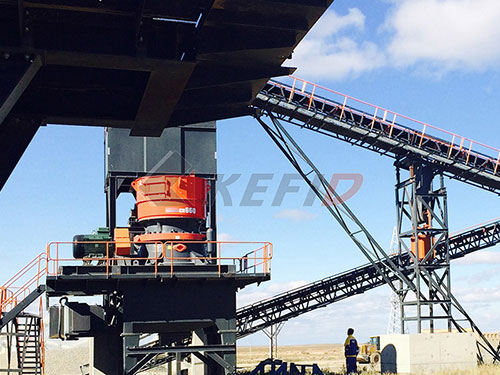The Unsung Hero of Hydroponics: Crushed Pumice as a Superior Growing Medium
In the dynamic world of hydroponics and hydroculture, where plant roots thrive not in soil but within carefully engineered environments, the choice of growing medium is paramount. Among the various options available – clay pebbles, rockwool, coco coir, perlite – crushed pumice stands out as an exceptionally effective and often underappreciated substrate. Its unique physical and chemical properties make it a compelling choice for growers seeking optimal plant health, root development, and system resilience.

Understanding Pumice: Nature’s Volcanic Gift

Pumice is a naturally occurring volcanic rock formed when super-heated, pressurized molten rock is violently ejected from a volcano. As it rapidly cools and depressurizes, dissolved gases create countless tiny bubbles within the glassy matrix. This results in a lightweight, highly porous rock that feels abrasive. When crushed into specific particle sizes (typically ranging from fine granules up to pea-sized pieces), it becomes an ideal candidate for hydroponic systems.
Why Crushed Pumice Excels in Hydroponics:
1. Exceptional Porosity & Aeration: This is pumice’s defining characteristic. Its intricate network of internal pores creates an enormous surface area within the root zone. This structure ensures:
Superb Oxygenation: Roots require oxygen for respiration. Pumice’s structure traps abundant air pockets around roots, preventing suffocation and promoting vigorous root growth – essential for nutrient uptake and overall plant health.
Optimal Moisture Retention: While porous, pumice also holds significant amounts of water within its pores via capillary action. This creates a crucial reservoir of moisture readily available to roots without saturating the root zone or displacing vital oxygen.
Perfect Drainage: Excess water drains freely through the spaces between particles. This prevents waterlogging, eliminates anaerobic conditions that foster root rot pathogens (like Pythium), and ensures fresh nutrient solution consistently reaches the roots.
2. Structural Stability & Inertness:
Physical Integrity: Unlike softer media like perlite (which can break down over time) or peat moss (which compacts), crushed pumice particles are rigid and durable. They maintain their structure season after season without collapsing or compacting significantly, ensuring consistent air and water movement.
Chemical Inertness: Pumice is chemically inert and pH neutral

Leave a Reply